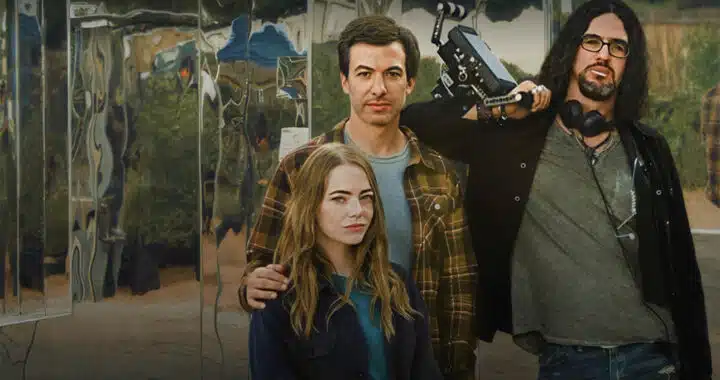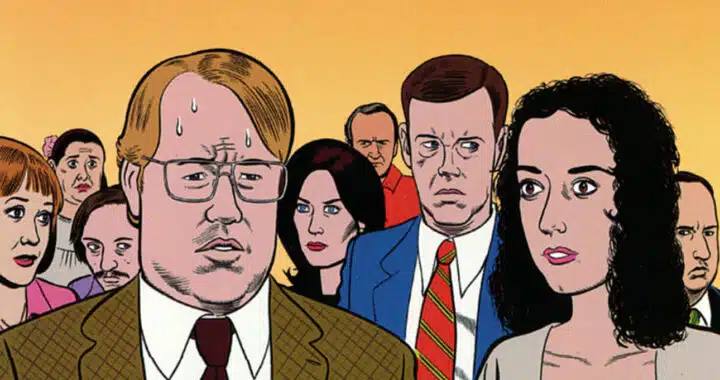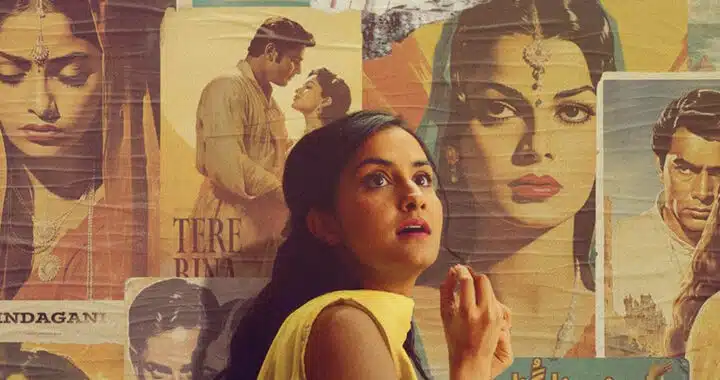
Director Savanah Leaf on Questions About Motherhood in ‘Earth Mama’
Savanah Leaf’s Earth Mama is part of an ongoing conversation about motherhood which must recognize systemic change and progress as incremental shifts.

Savanah Leaf’s Earth Mama is part of an ongoing conversation about motherhood which must recognize systemic change and progress as incremental shifts.

Blade Runner serves our vision of an inevitable dystopian future because we live in a “stuck future”, refusing to heed cyberpunk’s warning.

Takashi Yamasaki’s Godzilla Minus One returns to the roots of the origin story with essential drama that gives weight to the monstrous spectacle.

William Oldroyd and Thomasin McKenzie discuss sympathising with a young woman caught between fantasy and reality in the adaptation of Ottessa Moshfegh’s Eileen.

Scarface implies that under capitalism, “getting high on your own supply” is inevitable, as the system is based on the exploitation of dissatisfaction.

Can love be determined by an algorithm? In our interview with director Christos Nikou, he scratches below the surface of his sci-fi romance, Fingernails.

Slow Horses is acutely aware that it’s entertainment. Many scenes play like spoofs of the straight-faced crummy thrillers that pose as prestige cinema.

Satirizing the struggles of a married couple shooting an HGTV show, Showtime miniseries The Curse bends genres and points fingers to monstrous effect.

There are taboo subjects in the context of Indigenous Americans in Killers of the Flower Moon. Scorsese’s film only amplifies the silence surrounding them.

Todd Solondz’s 1998 satire, Happiness, is a savage takedown of the family-focused, banal sitcoms of the decade with a message that resonates to this day.

Days of Heaven questions modernity and neoliberalism while simultaneously critiquing the Agrarian Myth, Manifest Destiny, and the Myth of the Noble Savage.

Director Fawzia Mirza and actress Nimra Bucha on their generational dramedy The Queen of my Dreams and what it means when the queen is not what she seems.